Medicine EmergingBy addressing root cause, rather than symptoms, practitioners become oriented to identifying the complexity of disease. They may find one condition has many different causes and, likewise, one cause may result in many different conditions. As a result, Functional Medicine treatment targets the specific manifestations of disease in each individual.
QUESTIONS
Our Australian Healthcare system is considered to be one of the best in the world, it came shy just after the U.K. Second best. Countries that provide their citizens with universal healthcare not surprisingly, sit at the top of the list. The USA with its failing and ailing system came at the 11th hour, just making it. Our Aussie system offers generally really good healthcare to all Australians.
That being said; there are a few factors that hinder our wonderful health care system:
Vaccines. Anesthesia. Penicillin. Bypass surgery. Decoding the human genome. Unquestionably, all are life-saving medical breakthroughs. But one breakthrough that will change the face of medicine is being slowed by criticism, misunderstanding, and a reluctance to do things differently. That breakthrough is value-based care. - Toby Cosgrove, Harvard Business Review CURRENT SYSTEM
Globally, If feels like medicine is finally emerging from the stupor of teenage-hood.. what with reckless behaviour in its past (performing lobotomies on women in the 1950s), and a new found awareness of the consequences of its actions in the present (handing out antibiotics like they were candy, is all over), medicine is finally growing up. But just like any evolving young adult where the frontal cortex may be finally finished its long-awaited construction, it will take years of practical actual practice and varied degrees of success depending on the environment & previously acquired conditioning, to determine which of these "teenagers" will end up on top of their game and which will be fumbling in the dark. Those that seek and receive support and implement change systematically with a clear plan, will be more likely to survive than their counterparts.
As mentioned by James Maskell in part one of this special feature, the US is a fertile ground for change in Medicine specifically because how messy the system is. Aussie practitioners and consumers are less likely to want to make hefty changes, and this is mostly due to the ease of access to services and comfortability of the system. BUILDING VALUE BASED CARE
Toby Cosgrove in The Harvard Business review covered value based care back in 2013: “Vaccines. Anesthesia. Penicillin. Bypass surgery. Decoding the human genome. Unquestionably, all are life-saving medical breakthroughs. But one breakthrough that will change the face of medicine is being slowed by criticism, misunderstanding, and a reluctance to do things differently. That breakthrough is value-based care”
"I can make diseases disappear" The wonderful Rangan Chatterjee starts his popular Ted Talk with this sentence.
THE PROVIDER + THE MICROPRACTICE
Sounds pretty wild what he’s claiming but not only has his talk been listened to over 600,000 times, BBC UK is already in its second series following Dr Chatterjee around seeing how his approach to healthcare is changing the lives of his patients, using Functional Medicine style interventions first - spending a considerable time investigating the upstream causes of disease, before deciding on a course of action.
Another place people get information about health and healthcare is from the media. As you will hear on the podcast Pilar Gerasimo discusses the impact of the media, in informing and misinforming the public on healthcare and medicine, leading to further confusion for the consumer. Pilar Gerasimo is founding editor of Experiance Life, an award winning whole-lofe health and fittenss magazine that reaches nearly 3 million people across the USA. Speking at a Functional Forum confernec on the Evolution of Primary Care Panel back in May 2017. Patient Zero On the podcast, we will be hearing from four health care providers on the topic of what is now coined Patient Zero - that is that the physician or practitioner themselves become a patient and get to experiance the health oriented appriach and what it is like on the other side of the table. Naturopathic Doctor and Director of Medical Education at the Institutre for Functional Medicine Kristi Hughes highlights the importance of physican work-life balance. Australian GP Dr Tom Rolley asks the question - can a GP be unhealthy? Dr Sachin Patel models healthcare through his own health and Dr Thomas Salt, talks about operating as Micropractice and the essence of being a healthcare practitioner. DEPRESSION IS NOT PROZAC DEFICIENCY
Dr Mark Hyman
Depression can be caused by many things, many of them easily treatable. The current system of medicine operates as a disease management system, which under its care, depression is treated with either psychology or prozac or both. Yet a psychologists' appointment cannot cure a vitamin D deficiency and prozac does nothing for finding the upstream cause of the patients symptoms. In acute care, when we focus on the problem at hand (a heart attack, severe asthma, car accident patients etc), we are doing the right thing. We are looking at the problem at hand and fixing it with the immediacy it deserves.
In primary care, when we focus solely on disease, its symptoms and manifestations and how to curb/manage/mitigate these symptoms - we are neglecting the very causes that created the disease in the first place and we end up accumulating dust under the rug. Functional Medicine does Chronic Disease better. It looks at the root cause or upstream source of disease rather than attempting to nearly manage symptoms, or manage disease. It is also proactively involved in health promotion, health creation and health maintenance. Practitioners take into account everything that is going on for the patient, as well as treating organ imbalances and disease as part of a whole system, not just within the system of that organ. See the tables below for further clarity. WHERE TO FROM HERE / THE THIRD OPINION
Dr Mark Hyman distills the essence behind the principles of Functional Medicine, you can read and watch the video at www.ifm.org/functional-medicine/ Dr. Hyman is a practicing family physician, a ten-time #1 New York Times Bestselling author, and an internationally recognized leader, speaker, educator, and advocate in his field. He is the Director the Cleveland Clinic Center for Functional Medicine. He is also the founder and medical director of The UltraWellness Center, chairman of the board of the Institute for Functional Medicine, a medical editor of The Huffington Post, and was a regular medical contributor on many television shows including CBS This Morning, Today Show, Good Morning America, CNN, and The View, Katie and The Dr. Oz Show
As discussed in part one of this 2-part special feature, I am exploring The Changing landscape of Medicine around the world and how Australian physicians and consumers are inspired to ask better questions about our healthcare system.
Doctors and practitioners around the world are finding new ways to practice medicine in a sustainable patient-centred and health oriented way. Those that have taken the leap can attest to the success of their approach and are seeing change in their patients and the systems around them. It would be virtually impossible for a huge system like the current medical system to change overnight, in fact it may never change to incorporate the changes it really needs to be sustainable. James Maskell, whom i was very fortunate to interview recently on his trip to Australia and who is featured throughout part one and two of this special feature, often quotes the wonderful Bucky Fuller with his insightful: “You never change things by fighting the existing reality.
In Australia Functional Medicine is slowly catching on as more people hear about it, more consumers are looking for physicians and other healthcare practitioners that practice Functionally and physicans and practitioners are reassessing the way they deliver healthcare.
Responsibility in reinventing healthcare to be the glorious sustainable and equitable service we all want it to be lies in all our hands - from the institutions that train healthcare professionals, to the governments that design and build them, to the consumers that inform and use these services, and beyond. Revisioning Medicine is a humankind project - taking into account everything we have learned and believing we can do better. We ALL need to start telling the new story of healthcare. As Yuval Noah Harari stated in his Sunday Times bestselling book; Sapiens: A Brief History of Humankind; “The ability to create an imagined reality out of words enabled large numbers of strangers to co-operate effectively. But it also did something more. Since large-scale human cooperation is based on myths, the way people co-operate can be altered by changing the myths – by telling different stories”. To change something, build a new model that makes the existing model obsolete.INTERVIVIEWEES / APPEARING IN THIS EPISODE
COPYRIGHT PBB Media, Annalee Atia 2017
LINKS, CITATIONS AND FURTHER INFO
0 Comments
Leave a Reply. |
Details
NE PLUS ULTRA
AuthorsThe authors of this segment are varied, each post will indicate the author of that particular post. For more information about our team, visit here Archives
February 2019
Categories |



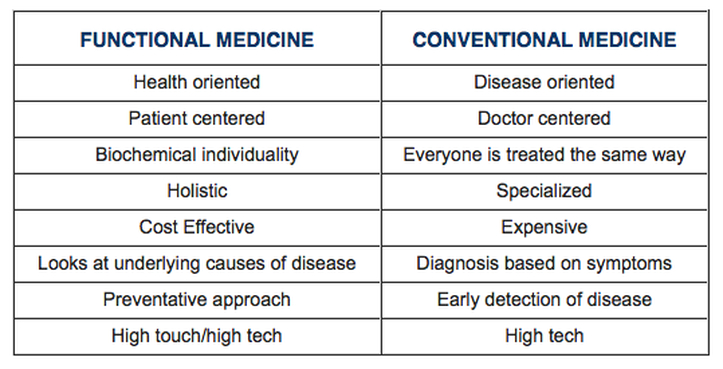
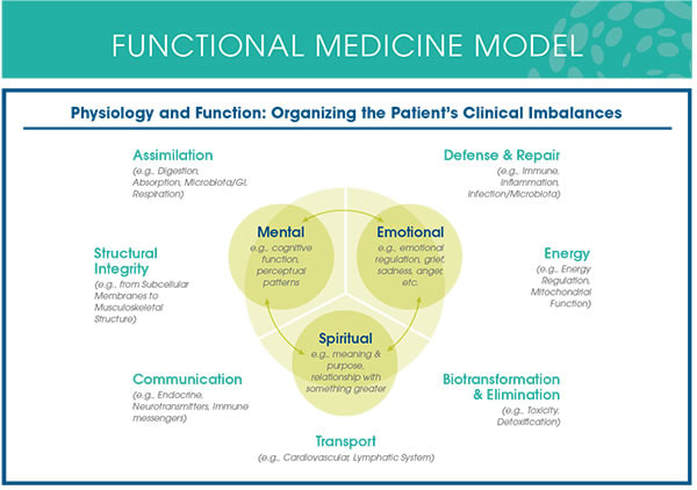
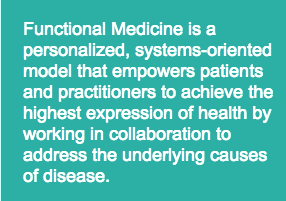
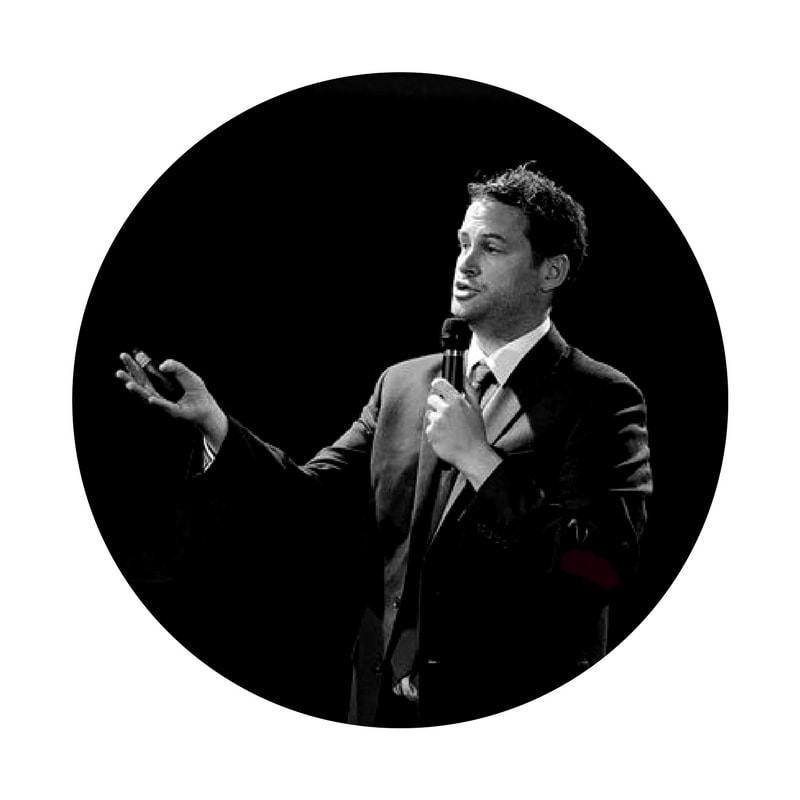
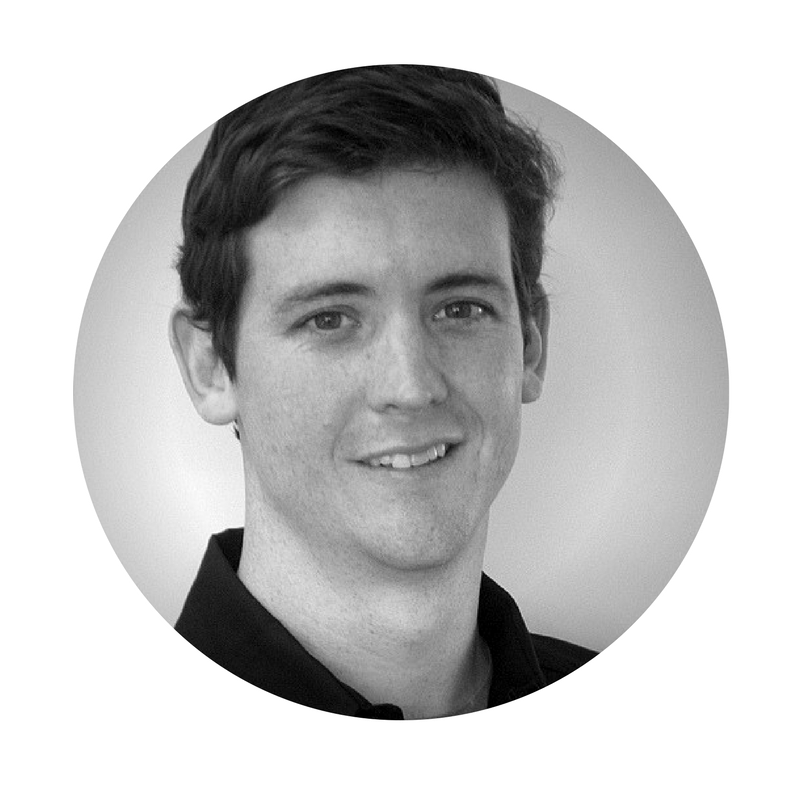
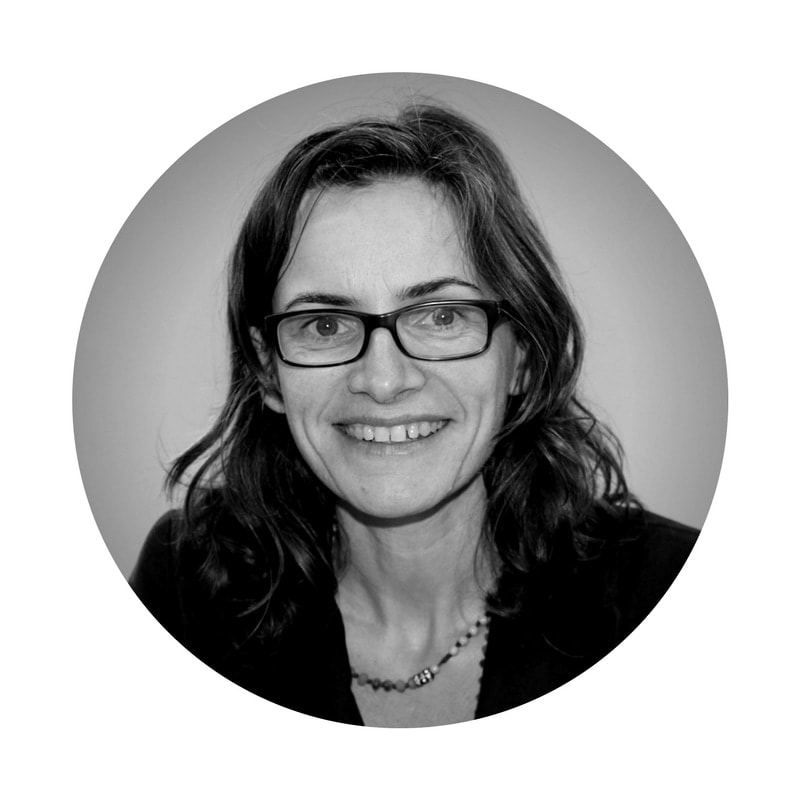
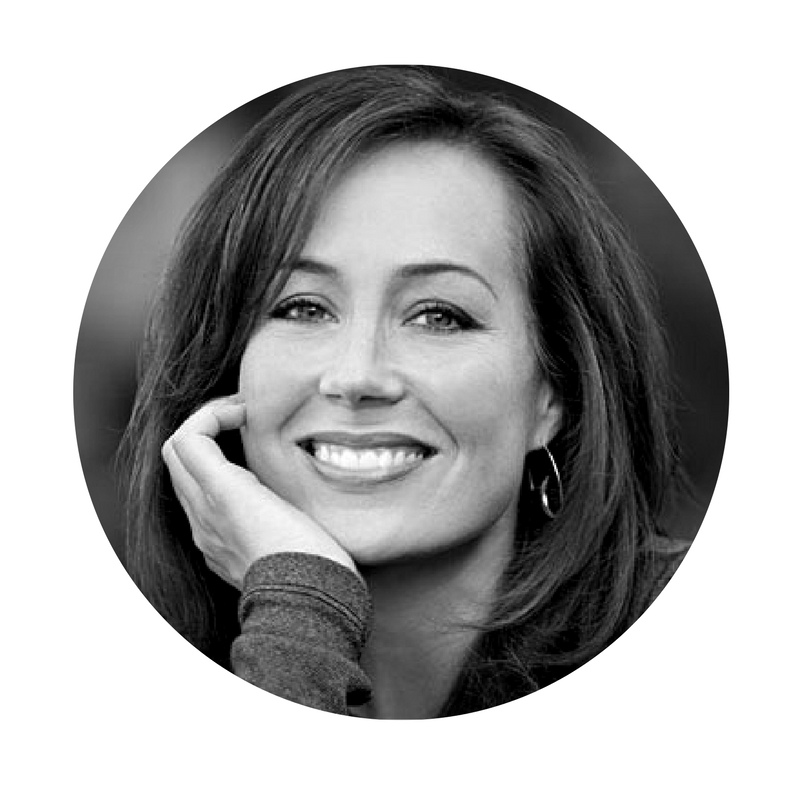
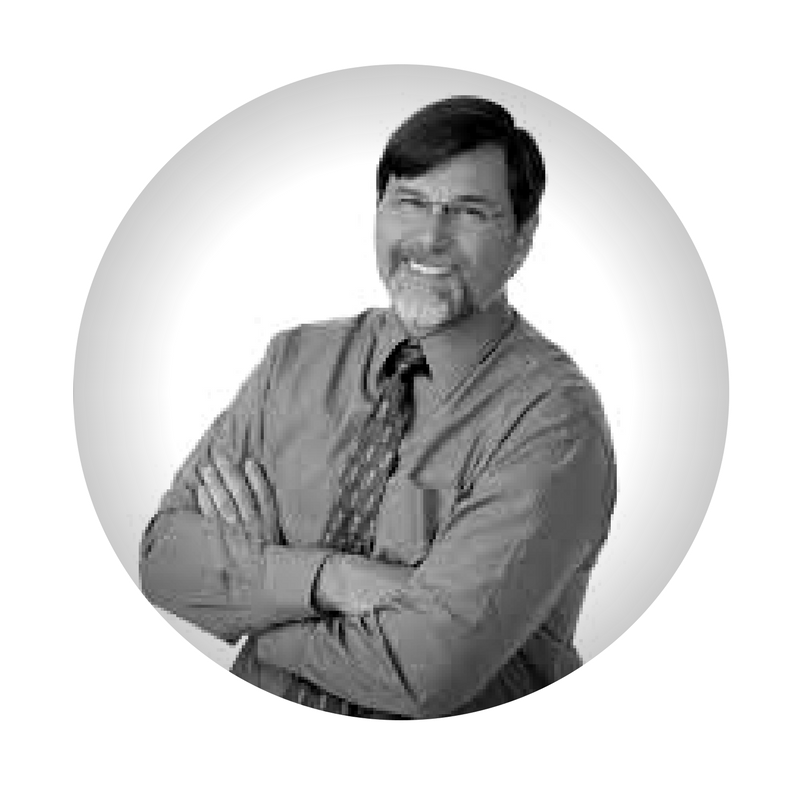
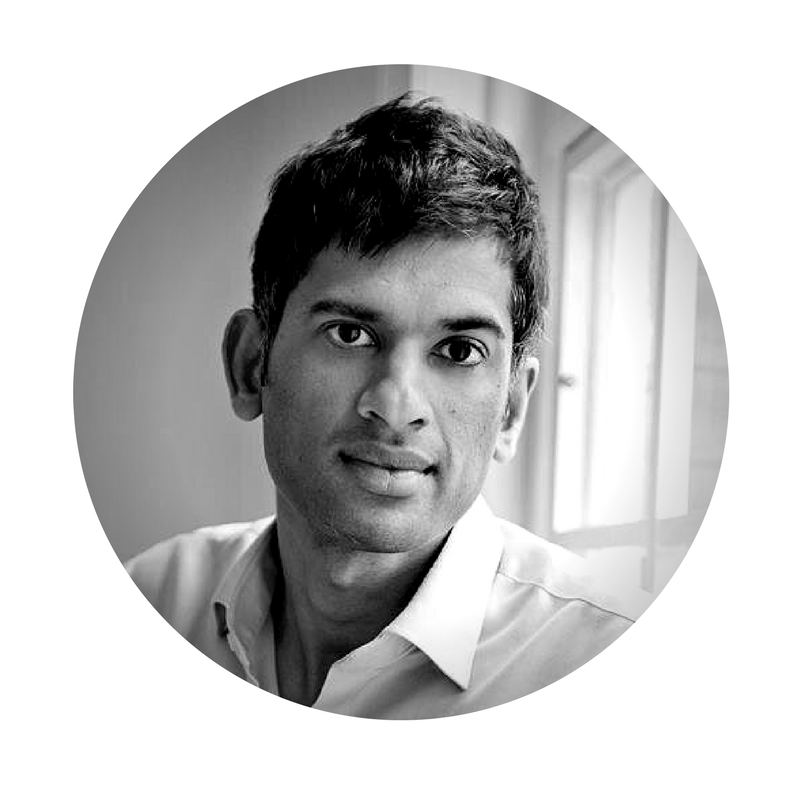
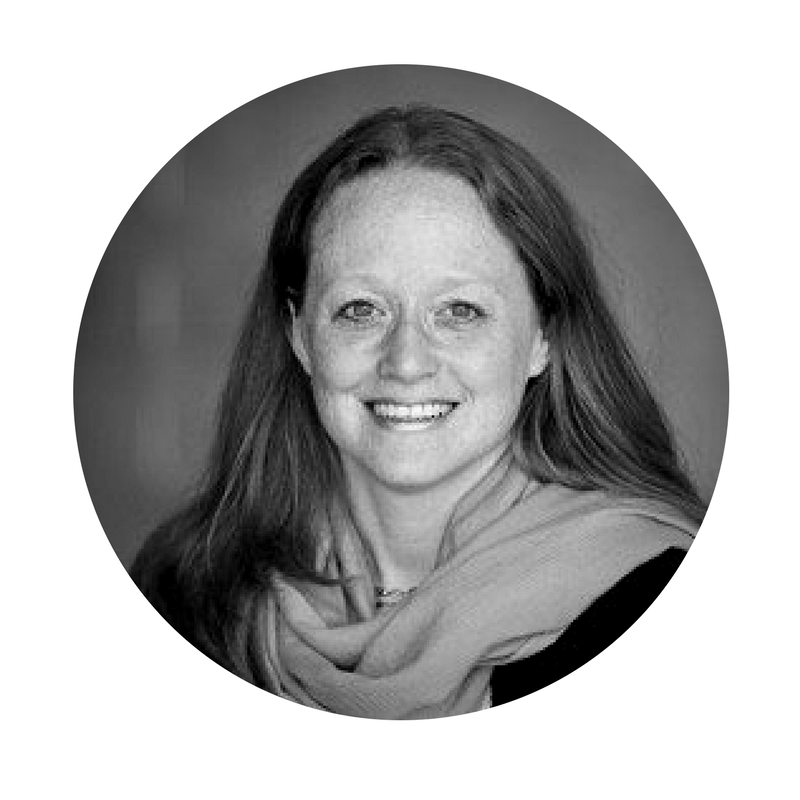
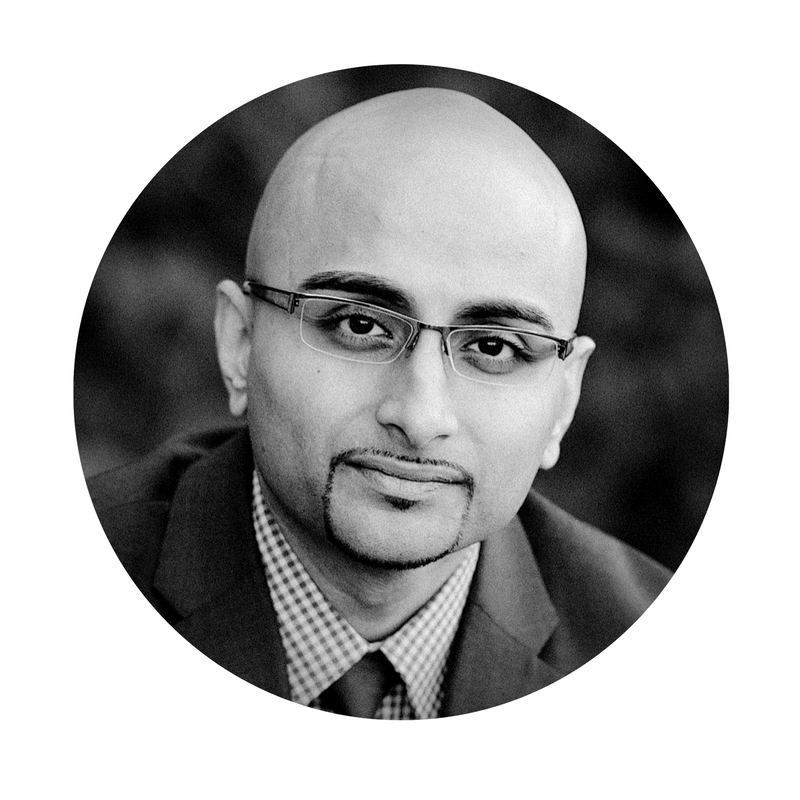
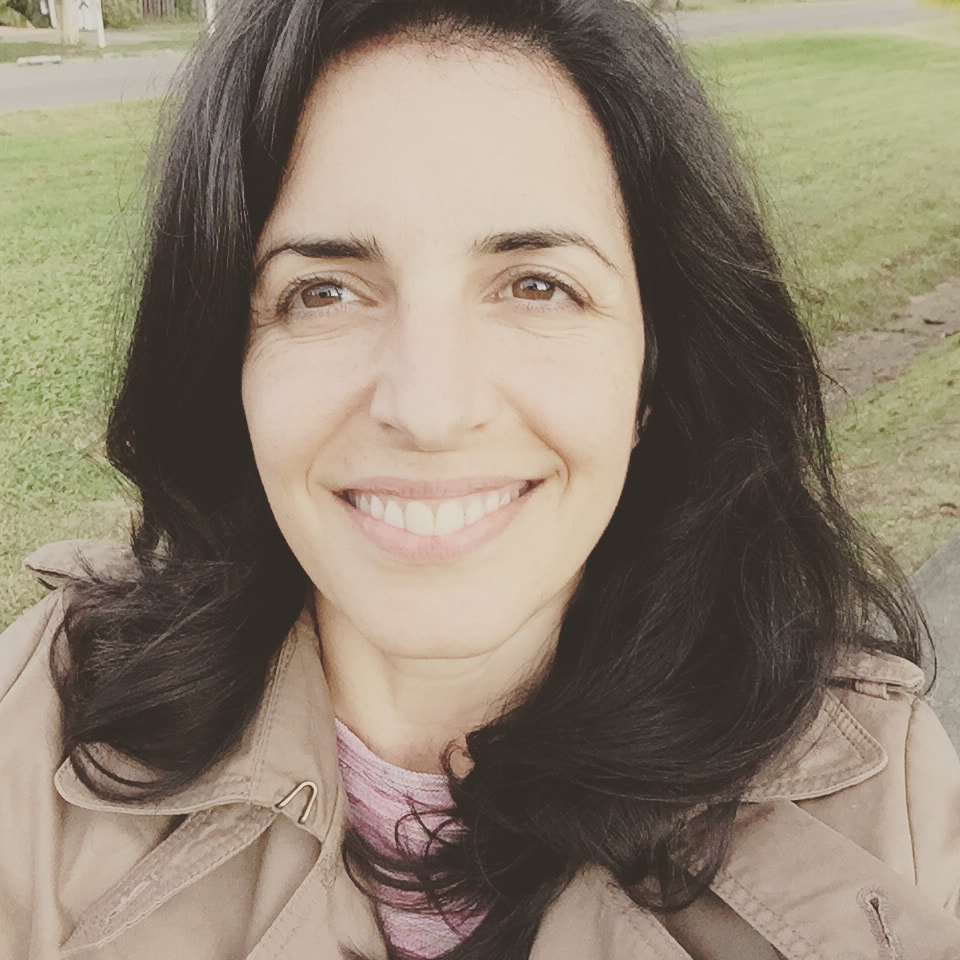

 RSS Feed
RSS Feed